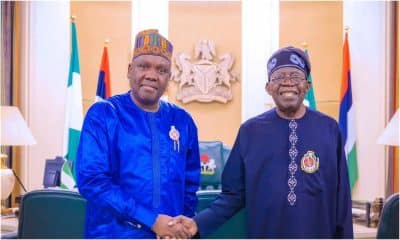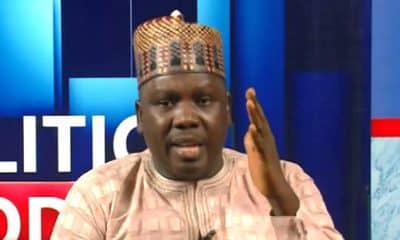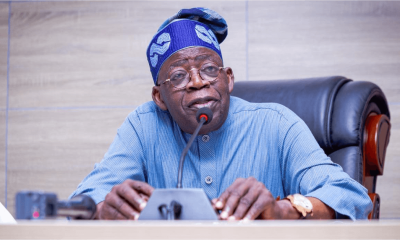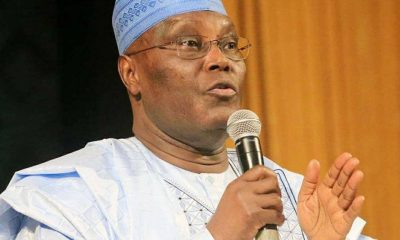Nigeria News
Nigeria Should Stop Measuring Poverty Using World Bank Parameters – Tinubu’s Aide
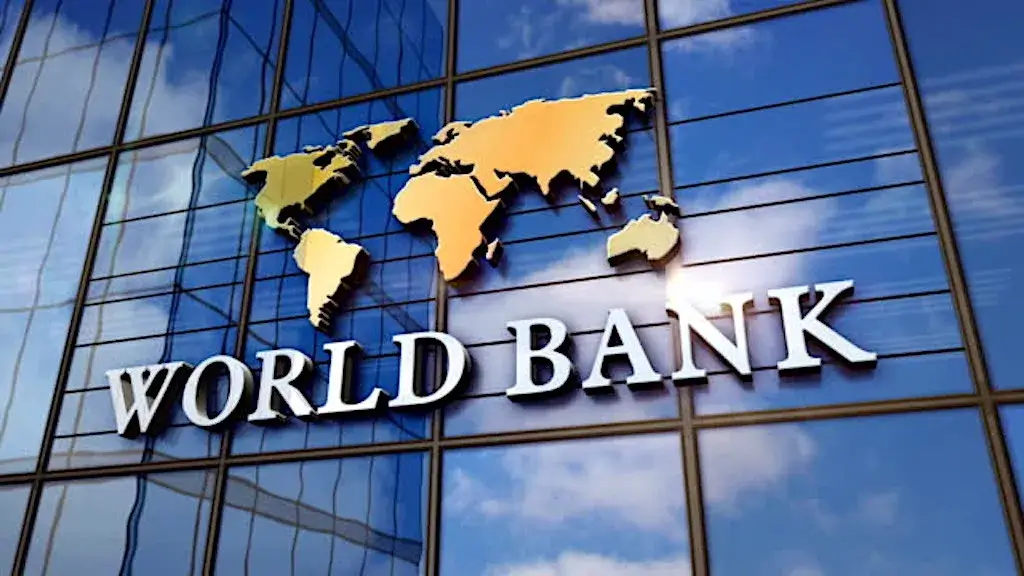
The Senior Special Assistant to President Bola Tinubu on Media and Publicity, Temitope Ajayi, has advocated for Nigeria to have its own poverty measuring parameters different from that of the World Bank.
Naija News reports that Ajayi said the comparison made by the President’s Special Adviser on the Economy, Tope Fasua, that $1 is big money in Nigeria because a Nigerian can feed with it was right.
In a statement on his 𝕏 handle, Ajayi condemned critics of Fasua’s stance. He argued that the real value of money is not in the exchange rate in comparison to another currency, but what it can buy in the market.
According to him, some of the World Bank‘s projections detach from realities and should not be applied generally.
He wrote: “In a recent podcast, Tope Fasua, Economic Adviser to the President made a valid economic argument that we should not get trapped in the western/World Bank/IMF classification of poverty.
“Dr. Fasua made the point that whereas $10 or more might not get a decent meal in US and $1 which is equivalent of ₦1600 or so at current exchange rate will get a decent meal in Nigeria.
“The usual suspects had a meltdown and went after Tope Fasua.
“Frankly, it is becoming very tiring and extremely difficult to have or stimulate rational conversation on social media. Everything is now tower of babel. Regardless of the side of the aisle we belong, we should be able to have reasonable debates on political and economic issues.
“Repeatedly here and over time, I have made the point that some of the assumptions that underpin these World Bank/IMF labels do not make sense and often far too removed from reality. The value of money is not exchange rate to another currency. The real value of money is what money can buy.
“On purchasing parity, what can you buy with $100 dollars or $1 in America or equivalent in Europe, UK, Ghana, South Africa and Nigeria etc?
“When people like Tope Fasua say equivalent of $1 can get a decent meal in Nigeria while $10 may not get you a decent meal in America, they are not underplaying the bitting reality of our economic condition. They are also not implying that our economy is better and stronger than that of the United States.”



